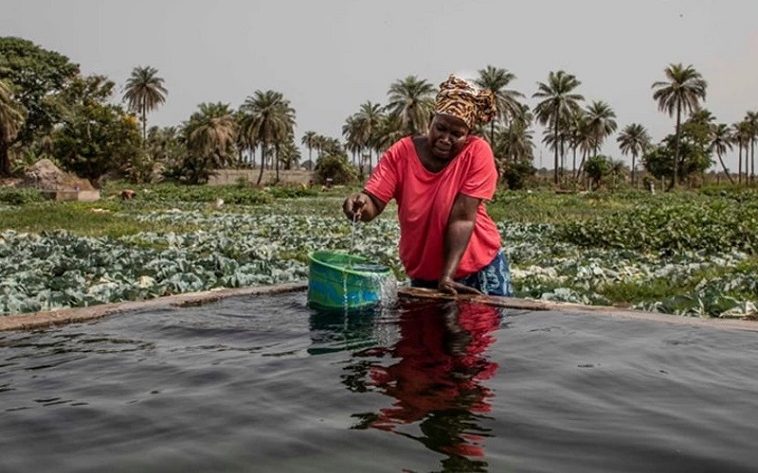Corruption remains one of the most pervasive challenges facing African nations, but a determined effort is shifting the tide. Across the continent, anti-corruption agencies are working to eradicate corruption by holding individuals accountable and implementing reforms that promote transparency and integrity. These efforts are essential for rebuilding trust, stimulating economic growth, and fostering a fairer society.
According to the United Nations, trillions of dollars—equivalent to more than five per cent of global GDP—are lost to corruption yearly through bribes and theft. Approximately $1 trillion is paid in bribes annually, while an additional $2.6 trillion is stolen. In Africa, it is estimated that $90 billion is lost annually through illegal and corrupt practices, according to a report by the United Nations Conference on Trade and Development (UNCTAD). This loss represents 3.7 per cent of the continent’s collective GDP.
Anti-corruption agencies in Africa have been established to investigate, prosecute, and prevent corrupt activities. Their mandates typically include overseeing public procurement, monitoring financial transactions, and enforcing anti-corruption laws. Among the most prominent of these agencies are Nigeria’s Economic and Financial Crimes Commission (EFCC), South Africa’s Special Investigating Unit (SIU), and Kenya’s Ethics and Anti-Corruption Commission (EACC).
Nigeria’s EFCC has made significant strides in combating financial crimes. In 2022, the commission secured 3,785 convictions across all its commands, a 70.5 per cent improvement over its 2021 record of 2,220 convictions. This impressive success rate reflects the EFCC’s commitment to addressing corruption and economic crimes.
Ola Kayode, chairman of Nigeria’s anti-corruption agency, revealed that between 2023 and 2024, the commission secured 3,175 convictions and recovered N156 billion.
In South Africa, the SIU reported that between 2013 and 2021, it successfully recovered public money and assets worth R2.6 billion. In addition, the unit set aside contracts valued at R18 billion and referred cases worth R81 billion for civil litigation in the High Court and the Special Tribunal. By 2024, the SIU had recovered a further R73 million, including R688 million in unallocated funds and R49.7 million in signed acknowledgements of debt agreements, following an investigation into the National Student Financial Aid Scheme (NSFAS).
READ ALSO: Is the Battle Against Cross-Border Insecurity in Africa Over?
Kenya’s EACC reported recovering Kes28 billion ($271 million) in 2023, including unexplained wealth and assets acquired through corruption. The agency also averted the loss of Kes41.3 billion by disrupting corruption networks.
Despite these successes, anti-corruption agencies face considerable challenges, including limited resources, political interference, and inadequate legal frameworks. To enhance their effectiveness, there is a pressing need for stronger legal structures, increased funding, and more resources. Clearer laws and regulations would empower agencies to act decisively and transparently, while adequate funding would enable thorough investigations and sustained operations. Furthermore, engaging civil society and the media in anti-corruption efforts can enhance transparency and accountability.




